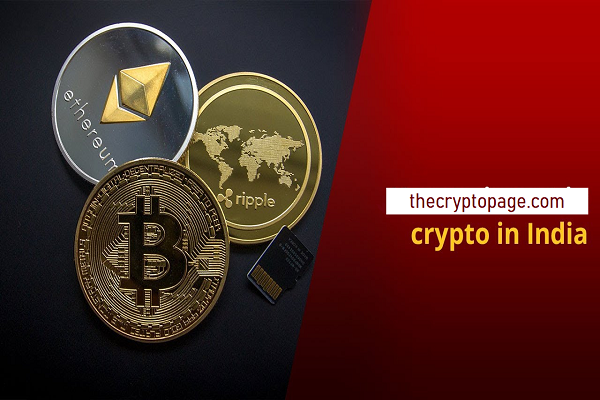The cryptocurrency industry is blasting in India, with exchange volumes taking off, more than 300 crypto organizations employing, and up to 10 million financial backers pouring about $1.5 billion in cryptocurrencies.
Cryptocurrency in India: Is Cryptocurrency is legal in India

That is notwithstanding far-reaching reports that Prime Minister Narendra Modi’s administration is wanting to boycott buying, exchanging, giving, or mining cryptocurrencies.
Rumors about a crackdown on digital currency exchanging have been flowing since the Supreme Court’s March 2020 decision striking down a two-year-old Reserve Bank of India-forced prohibition on monetary establishments working with cryptographic money exchanges.
However, notwithstanding the public authority’s aggression toward crypto exchanging, India positioned eleventh on the 2020 Global Crypto Adoption Index, delivered by Chainalysis in September.
Crypto India Grows
All things considered, the digital currency industry is putting intensely in India’s crypto market, notwithstanding the undermined boycott – and justifiably. Tech, IT, and versatile keen Indians, especially recent college grads, are developing more intrigued about hopping into crypto as the number of trades develops.
Crypto trade Unocoin raised $5 million from investors remembering Tim Draper for October, while CoinDCX brought $14 million up in a third endeavor round drove by Block, one in late December. CoinSwitch brought $14.7 million up in a January round drove by Ribbet Capital and $25 million in April from Tiger Global. In March, Dubai-based FD7 adventures reported a $250 million asset situated in Bangalore.
U.S trade Coinbase just recruited Google Pay India designing lead Pankaj Gupta to assemble an Indian activity.
Is Cryptocurrency Legal in India?
At present, it’s generally precise to say cryptocurrency isn’t illicit.
While the public authority pulled out that it was checking out restricting cryptographic forms of money in January, the issue reached a critical stage – freely, at any rate – on Mar. 14. That day, an anonymous “senior authority” let Reuters know that the total boycott would be remembered for The Cryptocurrency and Regulation of Official Digital Currency Bill 2021.
It will allegedly incorporate a three to half-year effortlessness period to auction possessions and wind down mining and other related organizations. After that fines would be collected.
Nonetheless, that very day, Indian Finance Minister Nirmala Sitharaman told the India Today Conclave that – while guidelines were coming – the public authority would not “shut off all cryptocurrency” as it perceived that numerous monetary innovation (fintech) organizations need to explore different avenues regarding blockchain innovation.
RBI Pushes Crypto Ban in India
Assuming the money service is backtracking from a full boycott, the free national bank has multiplied down on its aggression toward crypto. The RBI will in general see crypto as a danger to its capital controls – something the Indian government has a decades-in-length history of upholding, frequently to its weakness.
In February, RBI Governor Shaktikanta Das said the bank has “main pressing issues from the monetary steadiness point.” That drove WazirX CEO Nischal Shetty to contend that guideline would be more compelling than a boycott in guaranteeing monetary soundness.
The RBI has an alternate assessment of national bank advanced monetary standards (CBDCs), which would acquire a legitimate structure in the proposed bill. That digital rupee is as of now a “work underway,” as per its lead representative.
